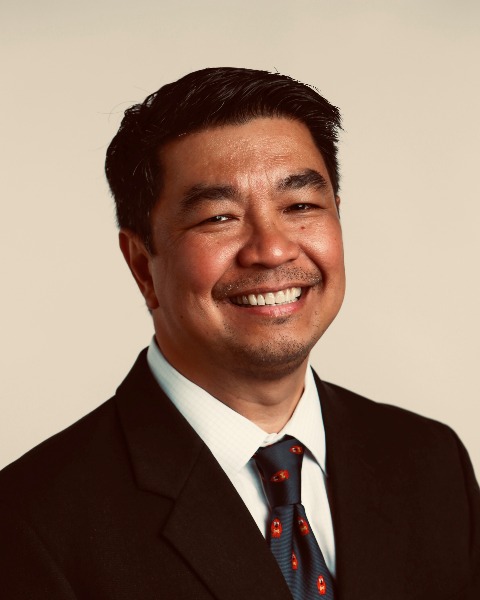Academic and Research Skills
Artificial Intelligence
Career Development
Clinical Research
Core Curriculum for Fellows
EHR/Medical Informatics
Medical Education
Social Media & Technology
Trainee
Mastering Generative AI in Medicine - Prompt Engineering and Other Advanced Skills
-
.jpg)
Andrew Tran, MD
Fellow in Pediatric Hematology/Oncology and Clinical Informatics
University of Arkansas for Medical Sciences College of Medicine
Little Rock, Arkansas, United States -
DL
Daniel Liu, MD, MS (he/him/his)
Assistant Professor
University of Arkansas for Medical Sciences
LIttle Rock, Arkansas, United States -

Obeid Shafi, MD
Medical Information Officer and Assistant Professor of Pediatrics
UAMS and Arkansas Children's Hospital
Little Rock, Arkansas, United States -

Shama Patel, MD, MPH
Assistant Professor of Pediatrics/Attending Neonatologist + Clinical Informaticst
Nationwide Children's Hospital
Columbus, Ohio, United States -

Ashley Antipolo, MD (she/her/hers)
Vice-President, CMIO
Cook Children's Health Care System
Fort Worth, Texas, United States -

Jeffrey Hoffman, MD (he/him/his)
Clinical Professor of Pediatrics
Nationwide Chidlren's Hospital
Columbus, Ohio, United States -

Feliciano Yu, MD, MSHI, MSPH (he/him/his)
Professor
University of Arkansas for Medical Sciences
Little Rock, Arkansas, United States
Leader(s)
Co-Leader(s)
Workshop Description: Artificial Intelligence (AI) has seen increased use in pediatric healthcare over the past year, with tools like ChatGPT being integrated into both clinical and research workflows. However, many pediatricians are still exploring the full potential of AI, especially when it comes to refining the precision of responses and handling more complex scenarios. This advanced workshop is designed to help participants go beyond the basics, focusing on prompt engineering techniques and voice-activated AI applications that can be used in day-to-day pediatric practice.
Through interactive, case-based exercises, participants will learn how to optimize AI-generated outputs using advanced strategies like conditional logic, iterative feedback loops, and contextual prompts. In addition to refining text-based AI interactions, attendees will gain hands-on experience with voice-activated AI tools, allowing them to enhance workflows through hands-free brainstorming and dynamic patient care planning. The session will also offer a platform to reflect on challenges faced when using AI over the past year, helping attendees troubleshoot common issues and improve AI application in their clinical and research tasks.
This workshop is tailored for both clinical and research pediatricians, as well as trainees, who are ready to explore more advanced uses of AI. Attendees will leave equipped with the knowledge and tools to take their AI interactions to the next level, ensuring improved accuracy, efficiency, and patient outcomes.
Learning Objectives:
- Describe advanced prompt engineering techniques, including conditional logic, iterative feedback, and contextual prompts, to generate more accurate and relevant AI outputs in pediatric clinical and research workflows.
- Demonstrate the use of voice-activated AI tools for brainstorming, drafting written content, and planning projects in both clinical and research settings.
- Analyze challenges and troubleshoot common issues encountered when using AI in pediatrics over the past year, refining AI interactions to improve workflow efficiency and patient outcomes.

